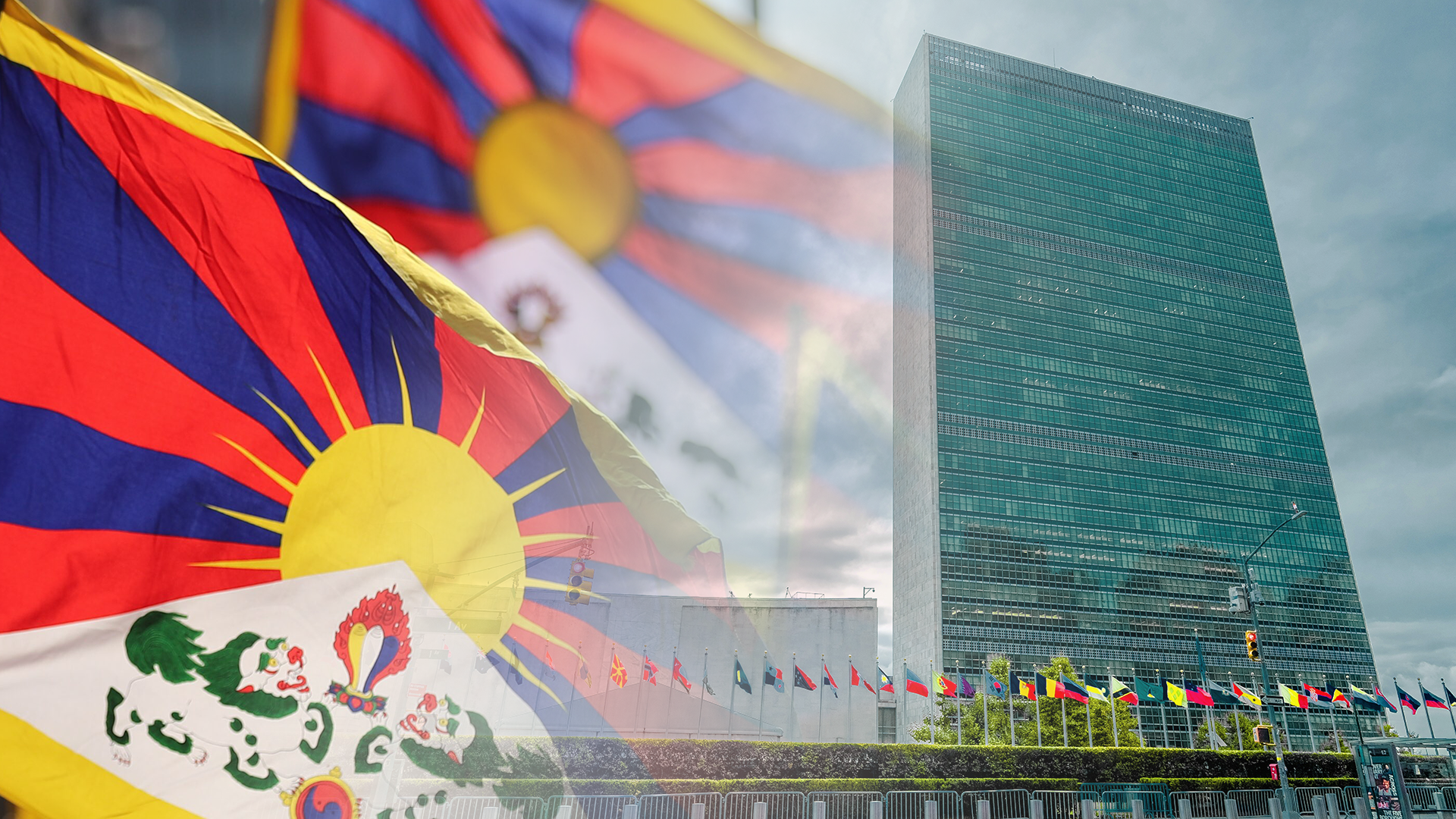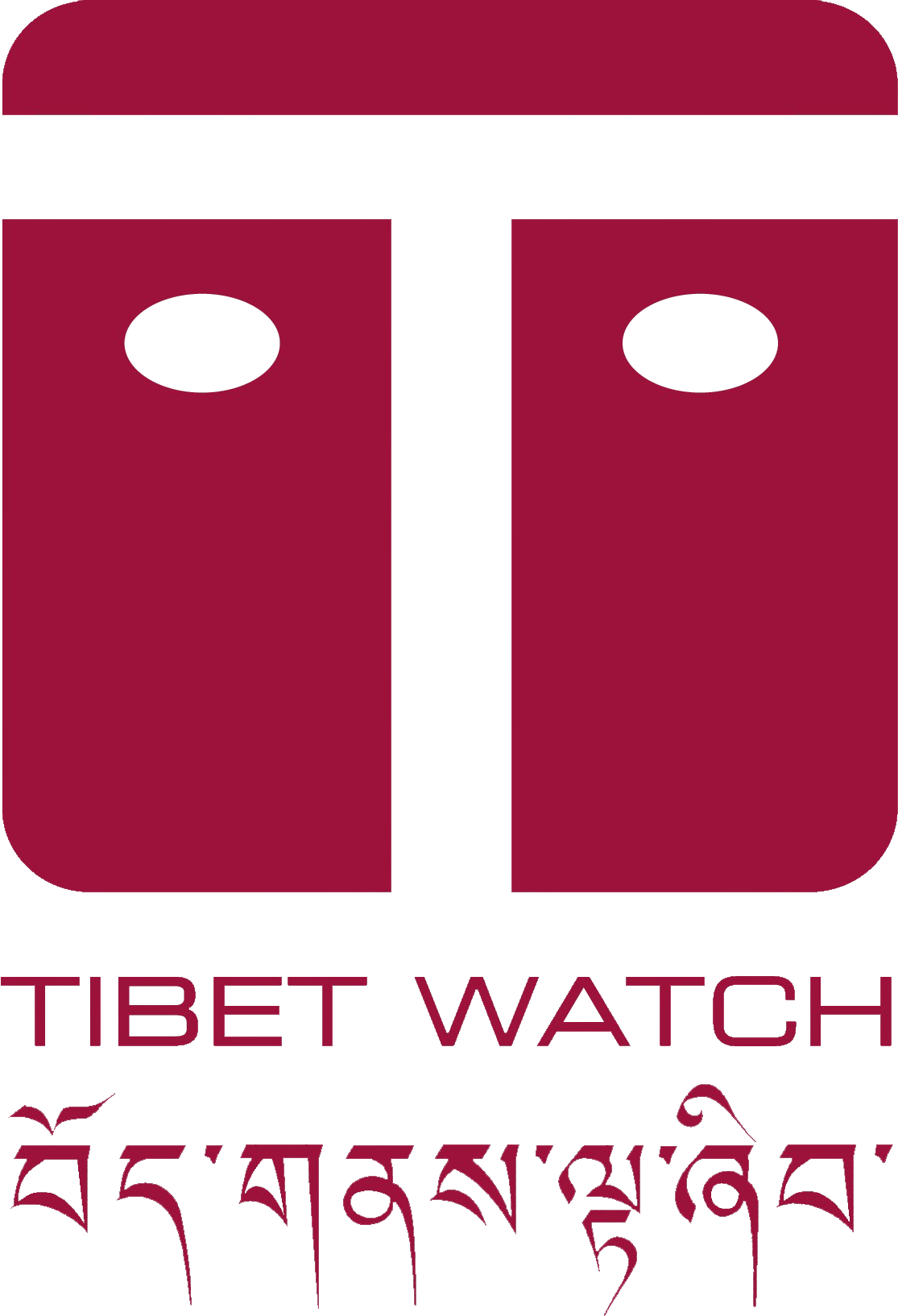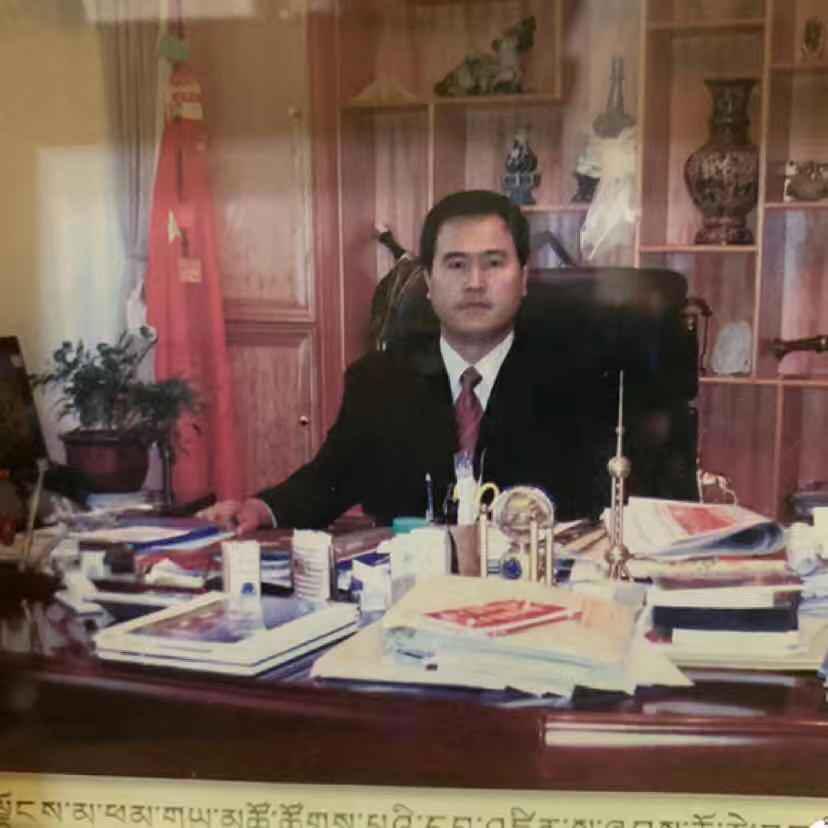
Five UN experts and working groups have issued a joint statement condemning China’s interference in the Dalai Lama’s succession, saying that is a matter solely for the Dalai Lama, the Tibetan people, and the Tibetan Buddhist community.
The UN Special Rapporteurs’ intervention follows a statement issued by the Dalai Lama on 2 July saying that only his institution, the Gaden Phodrang Trust, will have exclusive responsibility for recognising his reincarnation, explicitly stating that “no external entity has the right to interfere in this profoundly spiritual matter.”
The UN intervention underlines the need for the international community to act decisively in countering China’s policies in Tibet and its extraterritorial strategies. As the UN experts make clear in the formal and strongly-worded Communication to China, any attempt by the Chinese government to select or impose its own candidate would be a direct violation of international human rights law.
The UN Special Rapporteurs on cultural rights, freedom of expression, minority issues, freedom of religion and the Working Group on Enforced or Involuntary Disappearances also state that they are “gravely concerned” about Gedhun Choekyi Nyima, recognised by the Dalai Lama as the Panchen Lama, who has not been seen since he was seized at the age of six in 1995, and call upon China to provide “prompt and detailed” information about him.
The UN experts state: “Any identification and appointment of the successor of the current (fourteenth) Dalai Lama against the Tibetan traditions and the wishes of Tibetan Buddhist communities will have no cultural, religious or community authenticity or support.”
While Xi Jinping promotes “unyielding Marxist atheism”, China regards control over Tibet’s religious leaders as crucial to maintaining its grip on Tibet, and plans to install its own chosen successor to the Dalai Lama.
The implications extend beyond one religious succession. The Dalai Lama’s spiritual authority reaches across the Indian and Nepalese Himalaya, including Bhutan and Ladakh; Mongolia and the Central Asian Russian Republics of Tuva, Buryatia and Kalmykia; neighbouring countries in Asia and in Europe and America. At the heart of Asia, Tibet has an often overlooked strategic significance. As such, China’s efforts to seize control over a purely religious process permeates beyond its borders.
Soon after the U.S. government adopted legislation in 2020 rejecting any foreign interference in the selection of the next Dalai Lama, China signalled its intention to escalate its extraterritorial interventions over reincarnation by stating it was ‘illegal’ for incarnate lamas to be born outside the People’s Republic of China (PRC). This paves the way for heightened pressures on foreign governments to acknowledge PRC, rather than Tibetan, authority over the future of the Dalai Lama institution.
The UN experts also focus on the “ongoing enforced disappearance of Gedhun Choekyi Nyima for the past 30 years” which the rapporteurs state contravenes the “absolute prohibition of this crime under international law”.
The Special Rapporteurs’ Communication raises detailed questions challenging the regulatory framework in Tibet and grounded in international rights mechanisms for China to answer, stating that while they await a reply, they call for the Chinese government “to ensure the rights of Tibetan Buddhists’ to freely practice their religion, traditions and culture without interference, which includes the selection and appointment of their religious leaders, and urge that all necessary interim measures be taken to prevent any irreparable damage to the life and physical and psychological integrity of Gedhun Choekyi Nyima, halt the alleged violations, and prevent their re-occurrence.”
Detailed recommendations from our sister organisation, Free Tibet, to the UK can be found here.
Also see Sinopsis report, ‘Sacred authority and state power: the future of the Dalai Lama institution in a global context’ here.





